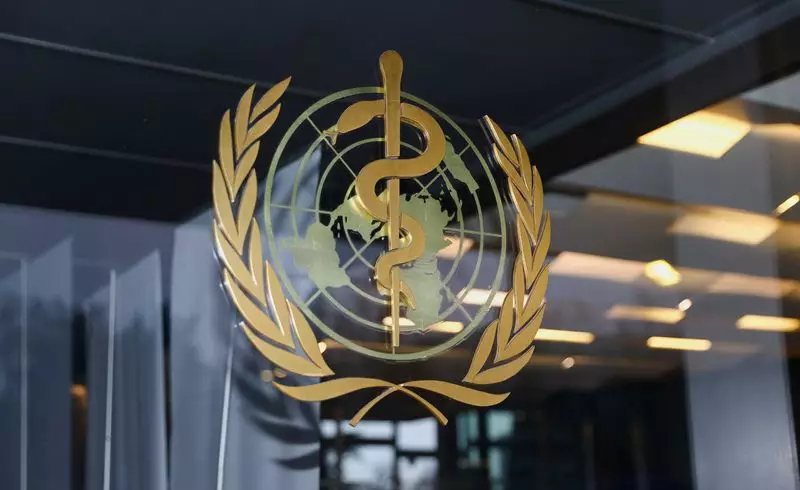The recent decision by the United States to withdraw from the World Health Organization (WHO) has triggered significant apprehension within the African health community. This move, executed through an executive order by President Donald Trump shortly after his second-term inauguration, raises pressing questions about the future of health initiatives funded by WHO across the continent. The Africa Centres for Disease Control and Prevention (Africa CDC) has identified the potential ramifications of this withdrawal, particularly regarding the sustained financing of critical health programs throughout Africa.
The dependency on U.S. investment for public health initiatives has long been a reality for many African nations. Ngashi Ngongo, a senior official at the Africa CDC, articulated this concern, emphasizing that reductions in U.S. funding could significantly hinder the continent’s capability to effectively combat health crises and implement public health strategies. The WHO has historically played a crucial role in orchestrating health programs that address diseases prevalent in the region, such as malaria, HIV/AIDS, and tuberculosis. As these health challenges remain poignant, the potential loss of U.S. financial support could derail years of progress made through collaborative efforts.
In response to the anticipated shortfall from the U.S., there is a burgeoning recognition among African leaders of the need to reevaluate their funding frameworks for health initiatives. Ngongo has urged member states to seek alternative financing sources to ensure continuity in public health efforts. This call to action reflects a growing sentiment that African nations must cultivate financial independence, reducing their reliance on external funding, particularly from one predominant source. The ideal scenario would see an increase in domestic investment into health systems, supported by broader regional and continental partnerships aimed at bolstering public health infrastructure.
Zimbabwe’s finance minister has publicly voiced fears that the withdrawal could precipitate a decline in aid directed towards nations hardest hit by health challenges like HIV/AIDS. The implications of this potential loss are stark; without adequate funding, many ongoing health initiatives risk stagnation. Ngongo’s concerns extend beyond current funding deficits and into the realm of joint action plans previously in discussion with the U.S. government. The disruption of these initiatives could further complicate response strategies to health emergencies, signaling a retreat from collaborative global health efforts.
In the wake of these developments, the Africa CDC anticipates the need to actively pursue alternative funding mechanisms. This includes engaging with non-African partners who might be willing to invest in Africa’s public health landscape. Such diversification of funding sources could provide the buffer needed to mitigate the adverse effects of the U.S. withdrawal. The road to financial and operational independence in health initiatives will undoubtedly be challenging, yet it could ultimately foster a more resilient health ecosystem within Africa.
The unfolding scenario underscores the importance of global cooperation in addressing health challenges. The U.S. withdrawal from the WHO serves as a wake-up call for African nations to rethink their financing strategies while reaffirming their commitment to public health. Emphasizing self-sufficiency, regional collaboration, and the exploration of new partnerships will be indispensable as Africa navigates the precarious waters of international health funding. The strength of the continent’s health systems in the future will hinge on proactive measures adopted today.

